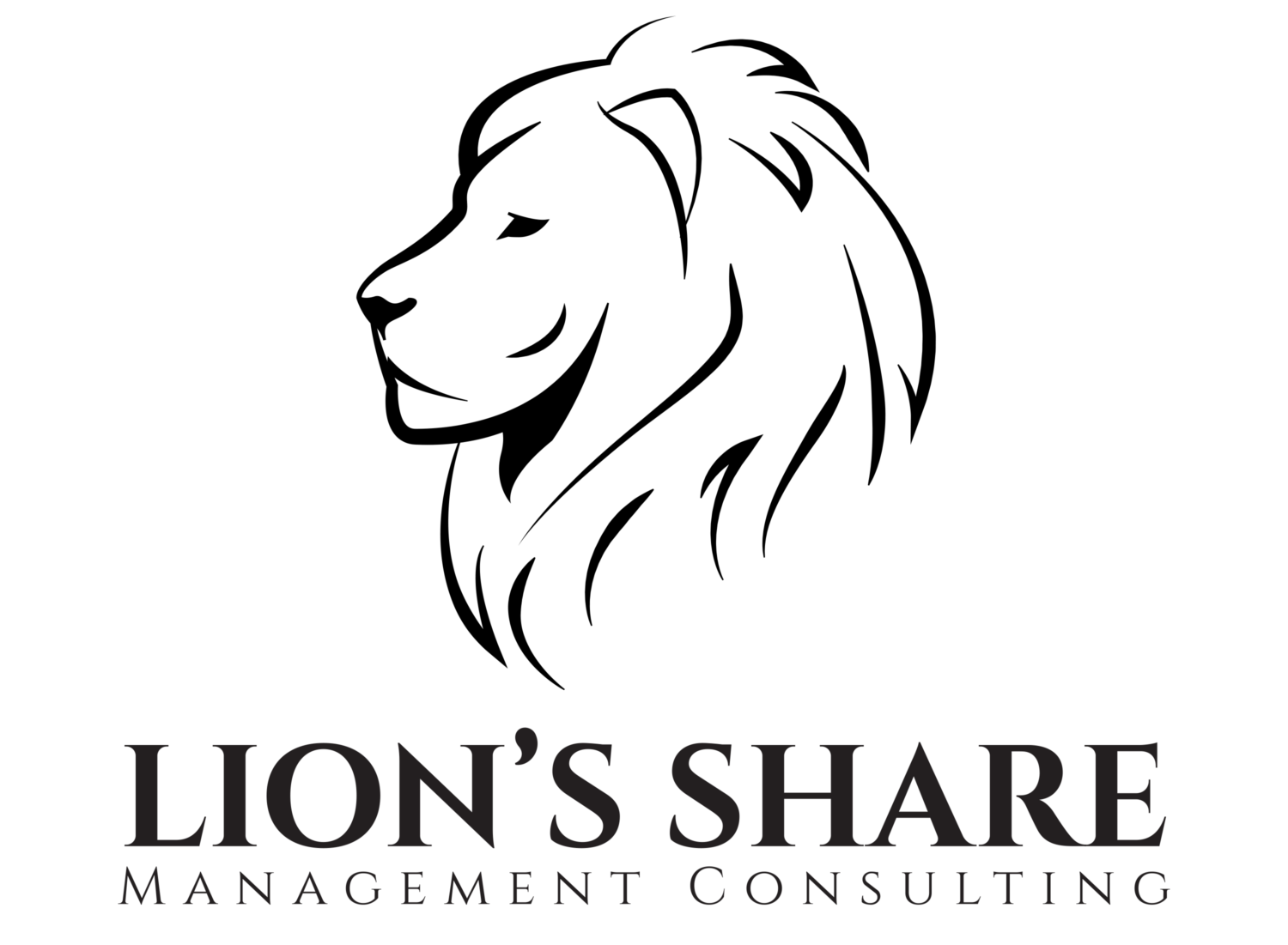Good News for Small Business Entrepreneurs?
January 1, 2016
Many new business owners remain unaware of a piece of legislation passed just a few short years ago that could help them access funds that facilitate growth of their company.
In 2012, the House of Representatives passed a bill designed to help start-up businesses raise funds. According to House majority leader Eric Cantor, the bill “provides a real shot in the arm to…small business men and women” by eliminating the confusing red tape that often prevents small businesses from getting off the ground. In addition, Cantor stated that the bill is conducive to “retaining and creating jobs”. Called the “Jump-Start Our Business Start-Ups Act“, this bill easily passed the House by a 390 to 23 vote.
Although the bill is similar in some respects to a proposal set forth by President Barack Obama, some analysts, securities law experts and investors have remarked that what the bill actually promotes is the freedom for corporations and companies to ignore disclosure requirements and other oversights for five, six, or seven years following public acknowledgement.
Additionally, the bill also negates the Securities and Exchange Commission rules as well as vital financial industry regulations that divide securities analysts’ activities from colleagues involved in investment banking at businesses underwriting preliminary public offerings for companies that are considered “emerging growth” businesses. When a company’s stock is traded, this type of business would be exempted from shareholder sanctioned guidelines as well as disclosure on executive reimbursement passed as a component of the Dodd-Frank bill.
Emerging growth businesses are defined by the “Jump-Start Our Business Start-Ups Act” bill as companies earning less than $1 billion each year, a definition that analysts consider to be too broad and vague. Chairwoman Kathleen Smith working for Renaissance Capital, a firm that tracks, invests and analyzes initial public offerings, states that “by definition, we would have to provide relief for over 90 percent of business deciding to go public. This includes companies retaining extremely large market capitalizations as well”.
Ms. Smith insists that a different definition of an emerging growth company needs to be limited to smaller companies that offer the public total market capitalizations and $50 million, which includes insider shares of around $250 million. This is in response to an independent part of the bill meant to reduce initial public offering costs for small businesses by adding to the limit on I.P.Os that bypass registering with the S.E.C., increasing it from $5 million to $50 million.
Entrepreneurs and small business owners praise the bill because it loosens regulations that often prevent small businesses from accessing funds. However, the bill does have it critics. Consumer advocate groups and unions state their concern for parts of the bill that strip away beneficial protections from investors wanting to back initial public offerings. A recent New York Times editorial also talked about the potential negative effects of eliminating regulations vital to safeguarding investors from deception as well as regulations ensuring efficient and equitable allocation of funds to business owners.



